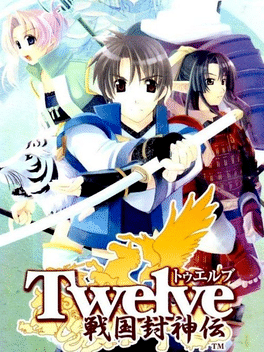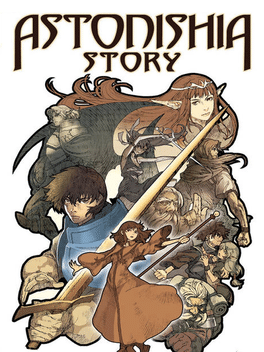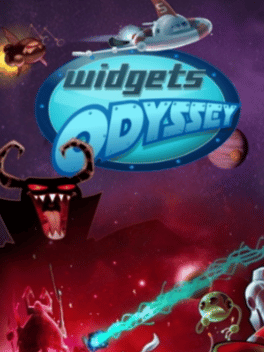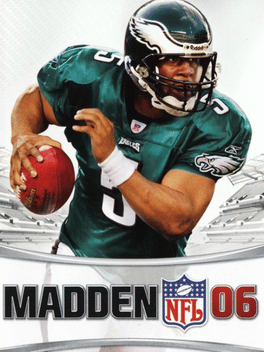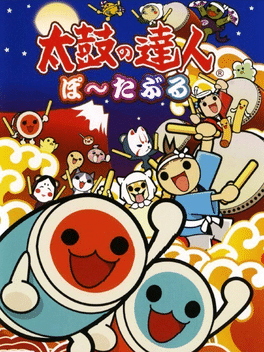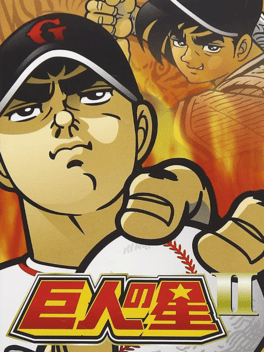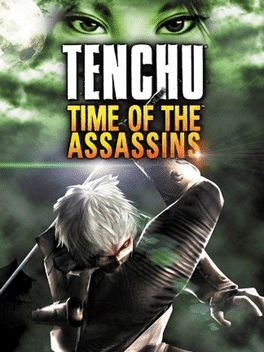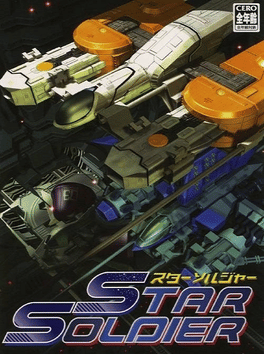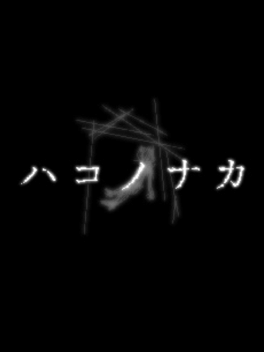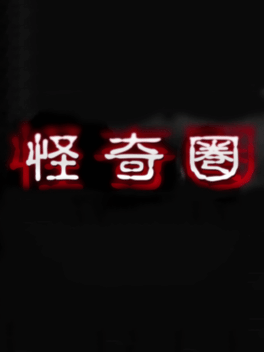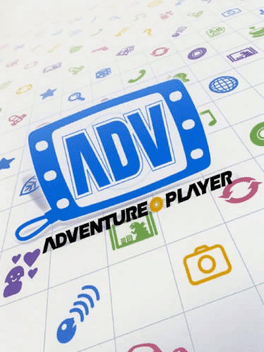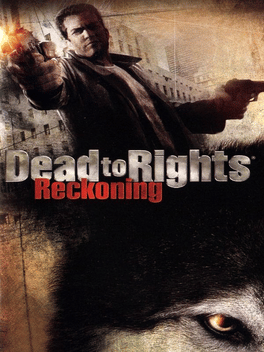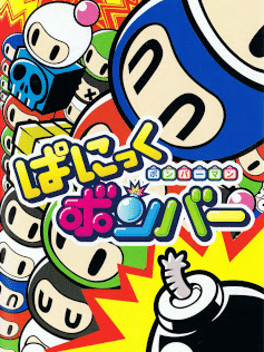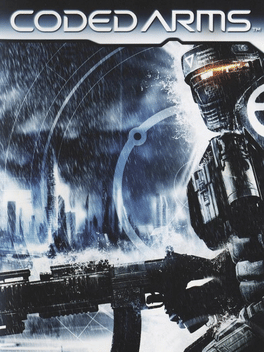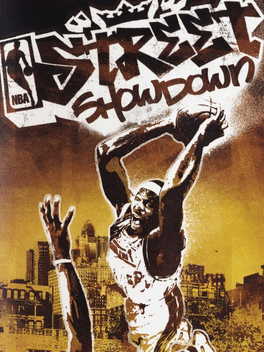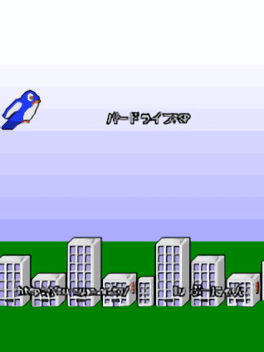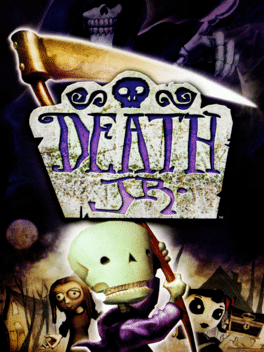New Playstation Portable Games - Page 62
-
Wipeout Pure: Classic Pack
2005
Being a four-part release for Japan, three for the US, and two for Europe (with the parts further spilt between content and music), this pack expands on the four classic tracks that came with the game, based on one of the tracks from each of the previous games. Goteki 45 and Icaras return to complete the Wipeout 3 lineup. This pack also includes four UI skins themed around the four DLC teams (Tigron, Van-Über, Goteki 45, and Icaras). -
Twelve : Legend of Sealed Gods during the Turbulent Age
2005
A SRPG in the style of Super Robot Wars and Disgaea with a unic orb system and script by Kawakami Minoru, the writer of Horizon in the Middle of Nowhere. -
Astonishia Story
2005
Astonishia Story
2005
star 4.5In Astonishia Story, players embody an honorable royal knight and embark upon an epic journey to recover a stolen sacred relic that symbolizes prosperity and fortune. Players must seek the help of wizards and many other mysterious allies to succeed. -
Widgets Odyssey
2005
Widgets Odyssey
2005
In Widgets Odyssey, five robots aboard the 'S-Space' vessel have just one simple mission -- to save the universe from the tyrannical Yagor and his evil henchmen! Armed with the abilities of Spad, Cosmo, Bruce, Helmut, and Monk, players will guide each robot along their exciting adventures filled with puzzles, mazes and minigames. -
Madden NFL 06
2005
-
DoraSlot: Bakuenchi! Kyojin no Hoshi II
2005
Dora-Slot: Kyojin no Hoshi II, is a Pachislot game based on real machines. The theme of the game is based on Japanese manga/anime series Star of the Giants. The main game consists of 3 different variants of the slot machines, which feature two side bars that interact based on how you score and if you activate any bonuses or meet certain conditions. These feature characters from the series, with voice acting and Japanese humor. The library allows users to play with the sounds and music, view a catalog about the machine, or even view the staging for various transitions without playing through the game repeatedly. Although, it's still up to luck if you'll complete it, you can hear the voice acting and see the effects that the machine uses in this mode. Pachislot games are a cross between pachinko machines and western style slot machines. They play more like western style machines, although they often feature mechanical enhancements, animations, mini-games, and various ways of getting bonuses that are more complex than -
Tenchu: Time Of The Assassins
2005
The Assassins are back... Tenchu: Time of the Assassins sees the return of Rikimaru, Ayame, Rin and Tesshu in their most impressive Ninja adventure to date. -Create new storylines with scenario mode -Create and share your own missions -Play story mode or any of 50 standalone missions -
Star Soldier
2005
Star Soldier
2005
Star Soldier is a budget remake of the classic top-down shooter which puts you behind the cockpit of a lone starfighter as you attempt to stop an alien invasion. This remake features a completely new polygonal engine with new stages, enemies and weapons. Additionally the game has been specifically redesigned for the PSP's 16:9 screen, meaning you have to turn the console on its side to play the game in a vertical orientation. -
Hako no Naka
2005
Hako no Naka
2005
Hako no Naka is a short adventure game included in FromSoftware's Adventure Player for the Playstation Portable. -
Kaikiken
2005
Kaikiken
2005
Kaikiken is a short visual novel included in FromSoftware's Adventure Player for the Playstation Portable. -
Adventure Player
2005
-
Dead to Rights: Reckoning
2005
Fearless cop Jack Slate is back in the first installment of the Dead to Rights series on a handheld system. As Jack, you must navigate the corrupt underworld of Grant City to rescue the lost informant before it's too late. Dead to Rights: Reckoning features a new storyline, as well as new moves and weapons. -
Coded Arms
2005
Coded Arms
2005
star 5Coded Arms is a visually stunning first-person shooter that places the gamer in the role of a computer hacker who infiltrates an abandoned virtual reality system. Originally created as a combat training simulator to prepare for an alien invasion, the VR system was shut down during development after a major flaw was discovered. Unbeknownst to its creators, the simulation program continued to evolve on its own, turning into a vast and brutal VR world populated with virtual alien invaders, dangerous computer bugs and the VR system's own security bots. Arm yourself with an assortment of weaponry and battle these enemies through the virtual landscape. • Multiplayer modes for 4 players • Immersive single player mode • Weapons and power-ups collected in single-player mode stay with you in multiplayer • More than 30 weapons including assault rifles, pulse weapons and rocket launchers • Multiple game worlds with randomized levels -
Wipeout Pure: Gamma Pack
2005
Released in three parts, this pack features four new tracks around Makana, two teams from Wipeout Fusion, Tigron and Van-Über, and four UI skins themed around four of the standard teams (FEISAR, Auricom, Qirex, and Piranha). -
NBA Street Showdown
2005
NBA Street Showdown
2005
Rule the streets in this big-time baller game, based on the console arcade-style NBA game. Take on the biggest stars of the NBA in full Street style, battle it out with a 3-on-3 game, or go on the ultimate quest to become a Street legend in the King of the Court mode. Create your own Baller and add your personal style. Two unique PSP modes feature unique gameplay for the portable -- earn style points in Shot Blocker and Arcade Shootout modes and enhance your status as the game’s newest street legend. Wireless head-to-head play allows you to go one-on-one against a friend in the original Pick Up game mode, while Party Play lets up to four players can compete in two high-flyin’ game modes, Shot Blocker and Arcade Shootout, using one PSP. -
Ape Escape: On the Loose
2005
star 7.9Based on the Ape Escape series, Ape Escape: On the Loose arrives on the PSP with multiplayer functionality and a variety of minigames. The new adventure begins when Specter--a monkey-turned-monster--and his army of monkeys travel back in time to change history and take over the world. Now it's up to you to pursue Specter and capture more than 200 monkeys in eight different worlds, which span more than 20 levels. -
BirdLife
2005
-
Death Jr.
2005
Death Jr.
2005
A 3D action starring a super-deformed version of the Grim Reaper (or, as the title would suggest, the junior successor to Death himself) featuring platforming and shooting elements. Death, Jr. has a range of weapons to go along with his trusty, multi-use scythe (which can also be used for platforming challenges when it's not being used to slice up evil enemies.) This handheld title is exclusive to the PlayStation Portable system, and was in fact the first game ever publicly shown for the handheld (Game Developer's Conference, March 2004.)

